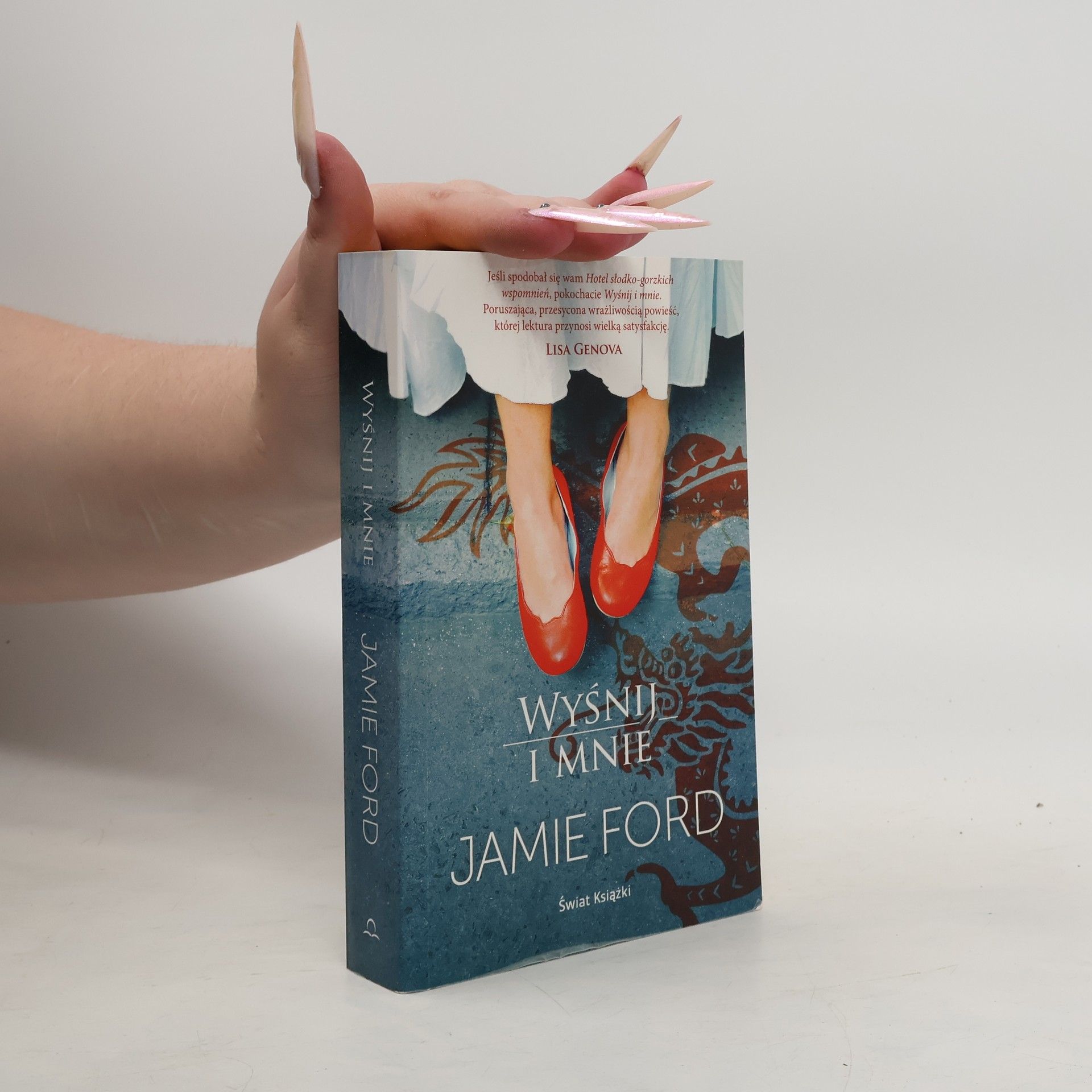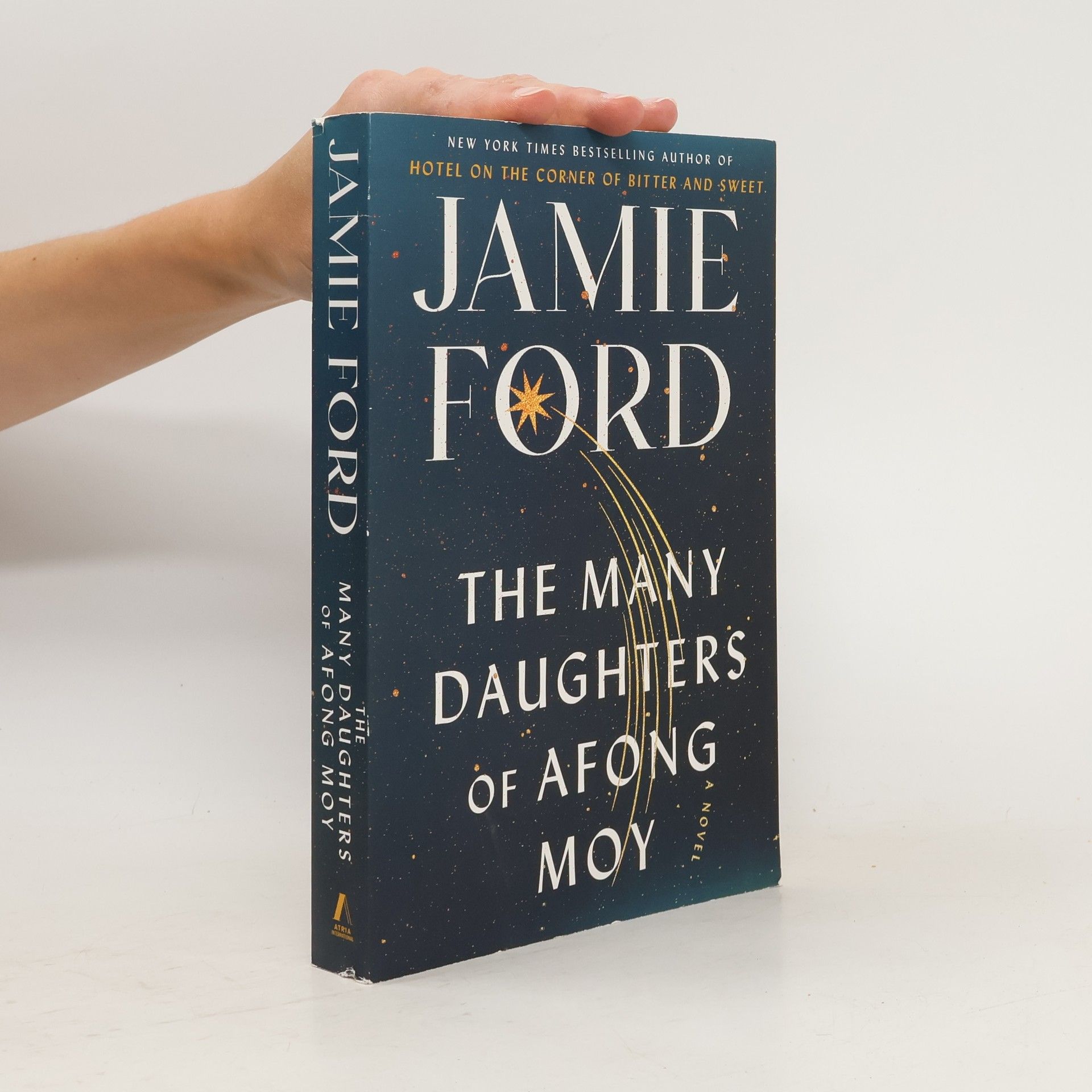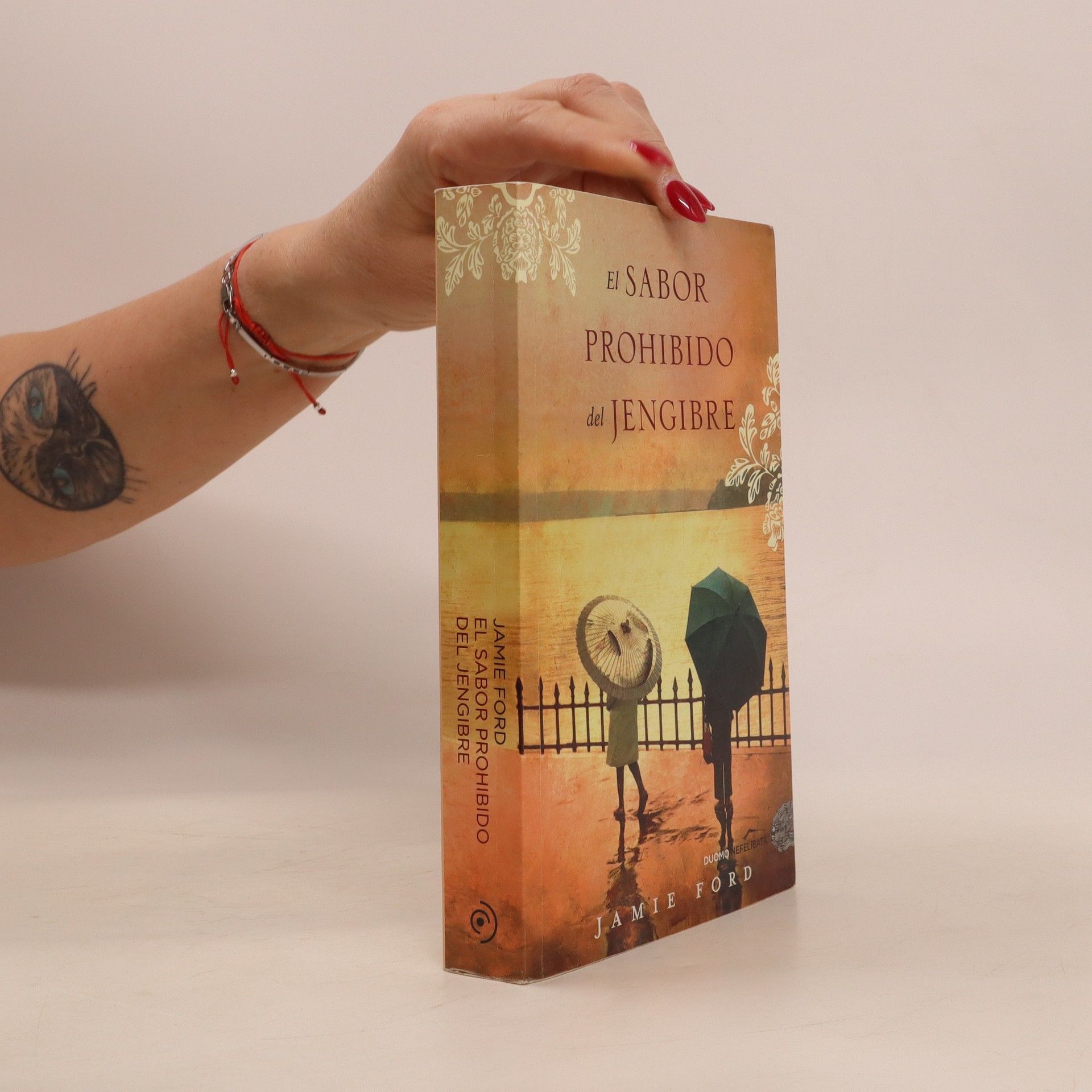El recuerdo de un amor prohibido que pervive como el sabor del jengibre En el Panamá, un hotel del antiguo barrio japonés de Seattle que ha estado cerrado durante años, Henry Lee descubre algo increíble: el sótano está lleno de objetos que las familias japonesas, antes de ser enviadas a los campos de internamiento americanos durante la Segunda Guerra Mundial, dejaron allí, abandonados. El hecho, lejos de sorprenderlo, le hará emprender un viaje a través del tiempo y recordar, más de cuarenta años después, su infancia como un niño de origen chino, enamorado de Keiko Okabe, una niña americana de origen japonés. Henry Lee buscará al gran amor de su vida del que fue separado en tiempos de guerra, durante el ataque a Pearl Harbor, y cuyo recuerdo pervive como un sabor prohibido.
Jamie Ford Libros
Jamie Ford crea ficción histórica, a menudo ambientada en Seattle, explorando intrincadas relaciones humanas e intersecciones culturales. Su estilo narrativo es celebrado por su delicado equilibrio entre humor y melancolía, atrayendo a los lectores a historias con una profunda resonancia emocional. Ford busca desenterrar temas universales dentro de entornos históricos específicos, revelando cómo el pasado da forma al presente. Sus obras son profundamente humanas, conectando con lectores de diversas culturas y generaciones.






1909, Seattle. At the World's Fair, half-Chinese Ernest is raffled off as a prize. Working in the Red Light District, he falls in love with Maisie, the daughter of a madam, and Fahn, a Japanese maid. At the World's Fair in 1962, Ernest looks back on the memories he made with his wife as his daughter begins to unravel their tragic past.
In this powerful exploration of generational love, Dorothy Moy, a former poet laureate, channels her mental health struggles into her art. When her five-year-old daughter begins to exhibit similar behaviors and recalls memories from their ancestors' lives, Dorothy fears her child is destined to suffer the same debilitating depression that has plagued her. Seeking radical help, she undergoes experimental treatment aimed at addressing inherited trauma. This journey leads her to connect intimately with the women in her family’s past: Faye Moy, a nurse with the Flying Tigers; Zoe Moy, a rebellious student in England; Lai King Moy, a girl quarantined during a plague; Greta Moy, a tech executive; and Afong Moy, the first Chinese woman in America. As Dorothy confronts painful memories that affect her present, she realizes that trauma is not her only inheritance. A stranger, who has loved her across generations, is searching for her. Determined to break the cycle of pain and abandonment, Dorothy seeks peace for her daughter and the love that has long eluded her, knowing she may have to pay the ultimate price.
Wyśnij i mnie
- 416 páginas
- 15 horas de lectura
Wyśnij i mnie to poruszająca historia dwojga wrażliwych ludzi: marzącego o lepszej przyszłości chłopca oraz uciekającej przed koszmarną przeszłością kobiety. Oboje szukają miłości, nadziei i przebaczenia. William Eng, urodzony w Stanach Zjednoczonych chłopiec o chińskim pochodzeniu, ostatnie pięć długich lat przeżył w sierocińcu pod wezwaniem Najświętszego Serca Pana Jezusa w Seattle. W dniu urodzin William wraz z innymi dziećmi zostaje zabrany na wycieczkę do kina. Na srebrnym ekranie widzi aktorkę znaną jako Willow Frost. William jest przekonany, że to jego matka, która została gwiazdą filmową. Chłopiec ucieka z sierocińca, żeby ją odnaleźć i odkrywa, że historia jej życia jest bardziej skomplikowana niż wszelkie hollywoodzkie fantazje.
Syv år gamle Tiller drømmer om at mamma skal være glad. En dag er mamma borte og Tiller bruker all tid på å lete etter henne. En kveld går hun ned i den mørke kjelleren, til døren med det blå lyset. Der finner hun mamma og livet blir ennå merkeligere.